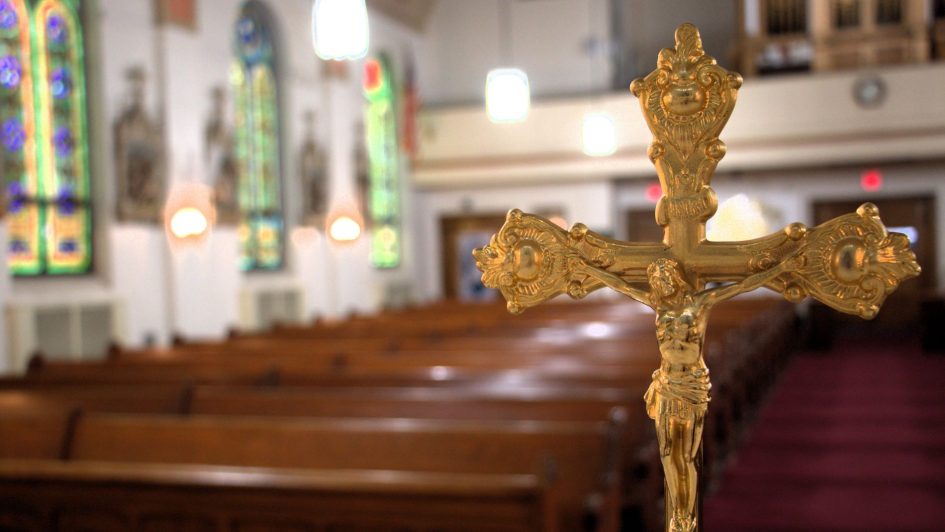Readings
First Reading: Gn 2:18-24
Second Reading: Heb 2:9-11
Gospel: Mk 10:2-16 or 10:2-12
The Deeper Meaning of Creation: A Reflection on Genesis
Today, I want to explore a passage that many of us know well: the story of creation from the Book of Genesis. We often learn it in Sunday school, hearing how God created the heavens, the earth, and everything within them. But this story offers more than a simple recounting of events—it invites us into a deeper understanding of why we are here and what we are made for.
Some may dismiss Genesis, pointing out that creation took billions of years, not just seven days. But Genesis is not a scientific or historical text. Instead, it was written by the Jewish people to answer life’s greatest questions: Why is there evil? Why is there suffering? And perhaps most importantly, why do we feel loneliness?
Genesis reveals that all of creation is good. God created everything in love, and the pinnacle of this creation was humanity—made in His image, not in physical appearance but in nature. God is love, and to love means to give oneself to another. This is why, when Adam was alone in the garden, even surrounded by beauty, he was not happy. His life wasn’t fulfilled until Eve was created. It was only when Adam could love another that he experienced true joy. We too are created not only to be loved but to love others, and in this, we find our deepest happiness.
Unfortunately, this perfect harmony was broken by original sin. When Adam and Eve believed the devil’s lie—that God was withholding something from them by forbidding the tree of knowledge—they lost their trust in God’s love. This breach of trust led to hiding and selfishness. The result? Loneliness, suffering, and a hardened heart.
Sin hardens our hearts, making it difficult to love. Jesus reminds us of this when He speaks to the Pharisees about the hardness of their hearts. We suffer not because of external circumstances—whether it’s a difficult spouse, job, or personal challenge—but because we are unable to live out our vocation to love fully. A heart that cannot love is the source of our greatest misery.
Yet there is hope. Jesus calls us to be like children—trusting, open, and ready to leap into the arms of the Father. This trust is where true joy is found. We are not meant to live for ourselves. The key to happiness is giving ourselves in love to others, just as Christ did for us.
God’s love for each of us is immense, and He desires to give us hearts capable of loving, even those who seem unlovable. As we gather to celebrate the Eucharist, let us ask for this grace—to love as He loves and to trust as children do, knowing that God will always catch us when we leap in faith.
Let’s take time this week to reflect on the love that God has placed in our hearts, and how we are called to share that love with those around us.

Leave a Reply